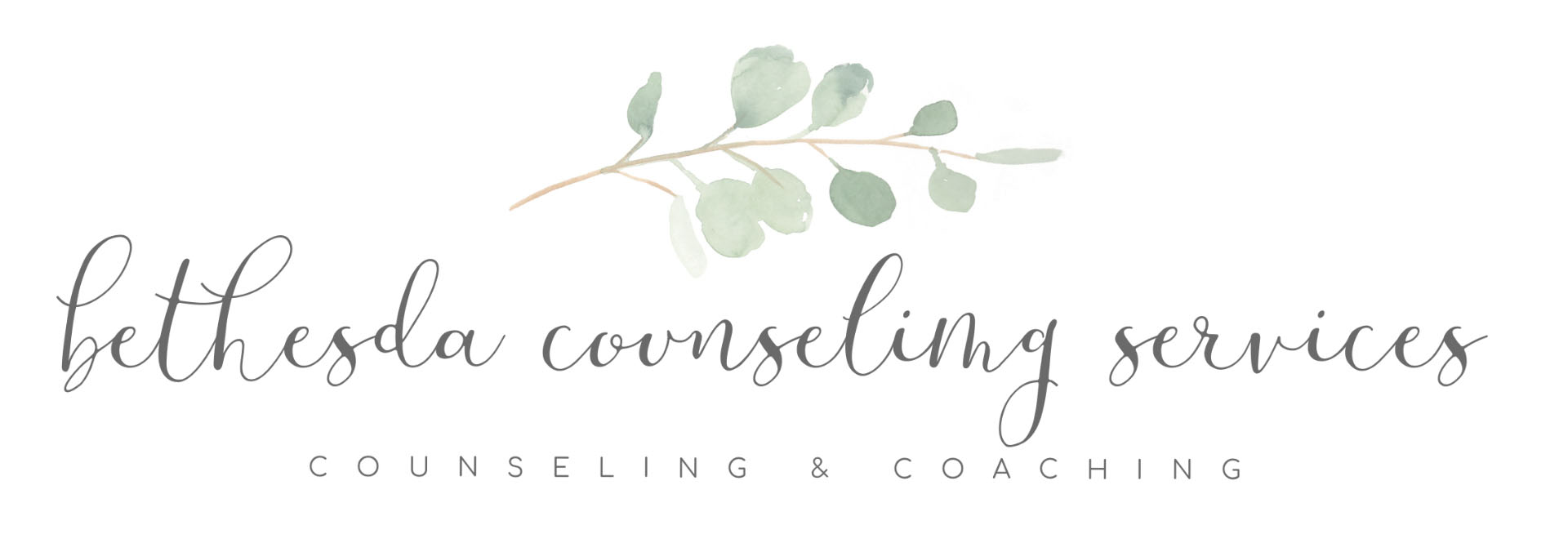Spring, Marie Kondo, and Therapy

It’s April, which means we are officially in Spring—the time of year associated with flowers, allergies, and…cleaning.
Spring cleaning has been part of our collective language for years and while no one is quite sure of the origin—maybe it’s tied to a religious tradition or our biological clocks—it has become normal for us to view this season as the perfect time to dust off our shelves and sort through our belongings.
Especially now, with coronavirus keeping most of us in our homes more than usual, it feels as though many people I know are turning their restless energy to their closets and pantries, looking to organize, sort, and clean.
One of the current big names in the cleaning world? Marie Kondo. With her book, The Life-Changing Magic of Tidying Up: The Japanese Art of Decluttering and Organizing released in 2014, followed by Spark Joy: An Illustrated Master Class on the Art of Organizing and Tidying Up in 2015, Marie Kondo has seemed to start a cleaning revolution with what she calls the KonMari Method. She’s helped countless celebrities tidy up their spaces, she was one of TIME’s 100 Most Influential People in 2015, and she even has her own Netflix special (plus here’s a fun video of a more challenging task).
So why write about Marie Kondo? Full disclosure: I’m not particularly tidy. I’d like to be, I try to be, but it doesn’t come so easily to me. However, something about the KonMari Method stands out to me (and it has nothing to do with my own organizational ability).
The KonMari Method says this: when you begin sorting through items to keep and to toss, she asks you to visualize the life you want to live and what you need to get there. You are then instructed to hold each item, and if it won’t help you get to that life, you’re supposed to give it up. In this way, you are creating a meaningful home based on your values. This is what she means when she asks, in the way that has become almost her tagline, “Does this spark joy?”
Okay, so you find it doesn’t spark joy, and you decide to throw it away. Now what?
Marie Kondo encourages that we take each item and thank it for how it has served us. Yes, thank your stuff. While for many this has been the hardest part of the KonMari Method to buy into, according to Kondo, this lessens the guilt we can often feel around parting with items and encourages us to feel gratitude to them for giving us something at some point in the past.
This is where I see the beauty, especially as a therapist.
When we come to therapy, typically we come to change things about our lives or to fix stuck patterns that we’ve found ourselves in. We hate our anxiety, our arguments, our reactivity, or our thought patterns. We can’t wait to stop losing our temper, avoiding conflict, or ruminating on a past event.
But what we don’t realize is that these are often ways of being that have served us in the past.
Maybe the anxious thoughts that now overrun your mind were once small reminders that allowed you to excel in a stressful work environment.
Maybe your avoidance of conflict, currently preventing you from telling your roommate to clean up after herself, was a survival strategy in an abusive childhood home.
Perhaps the tendency to micromanage your household, a behavior that is getting you into horrible arguments with your partner, was once crucial as you navigated the years of him getting his doctorate.
Are these ways of being that we want to change because they no longer serve us? Sure. It is completely reasonable that we don’t want to think or act in ways that make us feel overwhelming anxiety, miss out on opportunities, or create disconnection in our relationships.
But I also wonder what it would be like to look at those parts of ourselves with compassion, knowing that those ways of being didn’t necessarily come about in a vacuum. People tend to do the best they can with the information and resources they have at the time. Even as our circumstances shift, changing our own ways of being can be much harder.
When I sit with clients in my office, I try to get them to find the origin of these behaviors. When did you start noticing that you were losing your temper more frequently? What purpose did avoiding conflict once serve? How did ruminating on that past event make you feel like you were protecting yourself from it happening again? Maybe these strategies have settled their roots in deeply and have morphed into behaviors that feel out-of-control, but were they once trying to help us?
This is where Marie Kondo’s ideas come in. How can we truly give up these behaviors without acknowledging when they were useful? Just like there was once a time when you thought that buying that now-meaningless souvenir would have a purpose by being a nice memory, there was a time when you realized (and probably not consciously) that thinking or acting in a certain way would benefit or protect you.
Once we’ve recognized that and thanked it for how it served us, we can fully leave those things behind.
So this spring, I’d like to propose a different kind of spring cleaning that has nothing to do with closets or bookshelves.
Think about the ways in which you think or act that you’d like to change because they no longer spark joy for you. Perhaps this is a good time to check in on those new year’s resolutions or therapy goals, or to simply start fresh. If you’re working with a mental health professional, you have a space to talk through some of these thoughts, but if not, here are some journal prompts to get you thinking:
What behavior or thought pattern of my own would I like to change?
What would my life look like if I changed in that way? What is motivating me to change?
When did that behavior/way of thinking start? When did that behavior/way of thinking start become problematic for me?
When was a moment when that behavior/way of thinking served me? What would have happened if I had not acted/thought in that way at the time?
What are my values?
How does this behavior/way of thinking align with my values? How does it conflict with my values?
Who has been impacted by this behavior/way of thinking? How?
What is one thing I can do to let myself know that it is safe to let go of that behavior/way of thinking?

